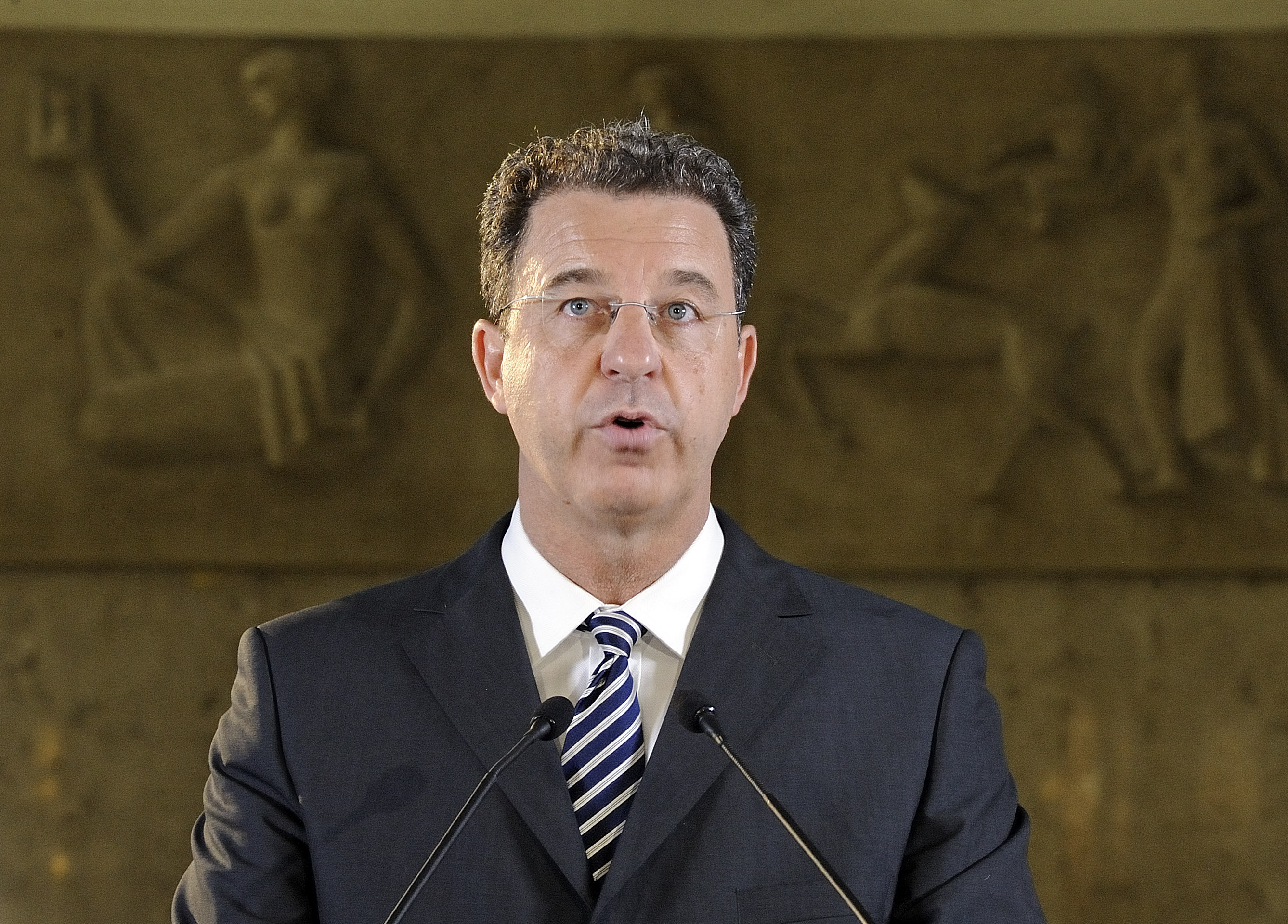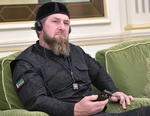
Serge Brammertz, Prosecutor of the International Residual Mechanism for Criminal Tribunals (Mechanism), today addressed the United Nations Security Council about the work of the Office of the Prosecutor (OTP). Prosecutor Brammertz began by updating the Council on the status of the final matters pending before the Mechanism, including the Ntakirutimana review proceeding, the Kayishema case, the Kabuga case and the Seselj et al. contempt case.
In relation to the Appeals Chamber’s recent decision to reject Gerard Ntakirutimana’s challenge to his convictions, the Prosecutor noted that in this case and the recent review proceeding in Ngirabatware, there was strong evidence that witnesses were interfered with to obtain recantations of their prior testimony. Prosecutor Brammertz said, “My Office will continue to safeguard the integrity of prior judgments by investigating alleged recantations to determine whether there has been improper interference with witnesses. Review proceedings cannot be a license for convicted persons to rewrite history and erase their crimes by fabricating evidence.”
Regarding the Kayishema case, the Prosecutor updated the Council that Fulgence Kayishema still remains in South Africa, where he is contesting his transfer to the Mechanism’s custody in Arusha and ultimately to Rwanda for trial. Prosecutor Brammertz explained that “
c]oncluding this matter depends on South Africa fulfilling its international obligations to hand Kayishema over to the Mechanism.”
The Prosecutor then turned to the OTP’s joint project with the International Committee of the Red Cross (ICRC) to support the search for missing persons from the conflicts in the former Yugoslavia. This joint project was initiated in October 2018. During the reporting period, the OTP completed its primary tasks. In the past six years, the OTP searched for information in its evidence collection concerning over 12,000 missing persons and shared approximately 500,000 pages of evidence as well as a large volume of photographs and audiovisual material with the ICRC. The Prosecutor emphasized that the search for missing persons is a humanitarian imperative and remarked that this OTP-ICRC joint project “should serve as a model for how investigators and prosecutors, even after their cases are done, can leverage the evidence they gathered to provide ongoing support for the search for missing persons.”
Finally, Prosecutor Brammertz briefed the Council about the OTP’s work assisting national authorities in continuing the accountability process for crimes committed in Rwanda and the former Yugoslavia.
While significant results have already been achieved, more work remains to be done. In Rwanda, there are more than one thousand fugitive génocidaires who need to be accounted for. In the former Yugoslavia, several thousand suspects still need to be investigated and, where warranted, prosecuted, including five hundred suspects whose cases need to be transferred from Bosnia and Herzegovina to other countries in the region. Likewise, third-party States continue to enforce “no safe haven” policies and ensure that suspected war criminals and génocidaires are extradited or prosecuted.
The OTP is providing invaluable assistance to these efforts. As Prosecutor Brammertz noted, “
I]t is clear that today, Member States need our help as much as ever before. In 2024, my Office will have received more than 400 requests for assistance, among the most we have ever received in a year.”
The Prosecutor outlined for the Council examples of how the OTP is supporting national partners to achieve more accountability.
Recently, the OTP supported Rwandan authorities with an important investigation, including by working together to prepare a sophisticated investigation plan that ultimately led to obtaining highly relevant evidence. The OTP is also working on important files to locate fugitives who have escaped accountability for thirty years.
Similarly, Montenegro requested to significantly strengthen cooperation with the OTP to support their investigations and prosecutions of war crimes. Through the joint task force established late last year, the OTP has provided extensive investigative support to an important case file. The OTP also assisted with the preparation of the indictment in a separate case.
Finally, the OTP is working with other Member States who are investigating and prosecuting these crimes. That includes nearly a third of the current members of the Security Council, notably the French Parquet National Antiterroriste, the Counter Terrorism Command of the Metropolitan Police in the United Kingdom, the Human Rights Violator Law Division of U.S. Immigration and Customs Enforcement and the Division Entraide judiciaire, Terrorisme, Droit pénal international of the Swiss Federal Police. With all of these partners, the OTP is actively assisting ongoing investigations by providing evidence and advice on a range of topics.
As Prosecutor Brammertz explained to the Council, “Time is passing. But that is a reason to work harder and increase the pace of investigations, rather than to wind them down. All of our partners report that they continue to have large caseloads to process and are working as quickly as possible. And so they are asking my Office to increase the assistance it provides and strengthen our cooperation with their prosecutors.”
In conclusion, Prosecutor Brammertz welcomed the Security Council’s active deliberations on the future of the Mechanism, which was always intended to be a temporary institution. In this regard, he noted, “As our workload indicators tangibly demonstrate, we are providing essential support to Member States that is having a significant impact. This is a positive sign and confirmation that the justice process is on the right path. This progress should be safeguarded and supported. And it is our common responsibility to the victims and survivors, who still look to the United Nations to support the justice process.”
Kakvo je tvoje mišljenje o ovome?
Učestvuj u diskusiji ili pročitaj komentare





 Srbija
Srbija
 Hrvatska
Hrvatska
 Slovenija
Slovenija



























































